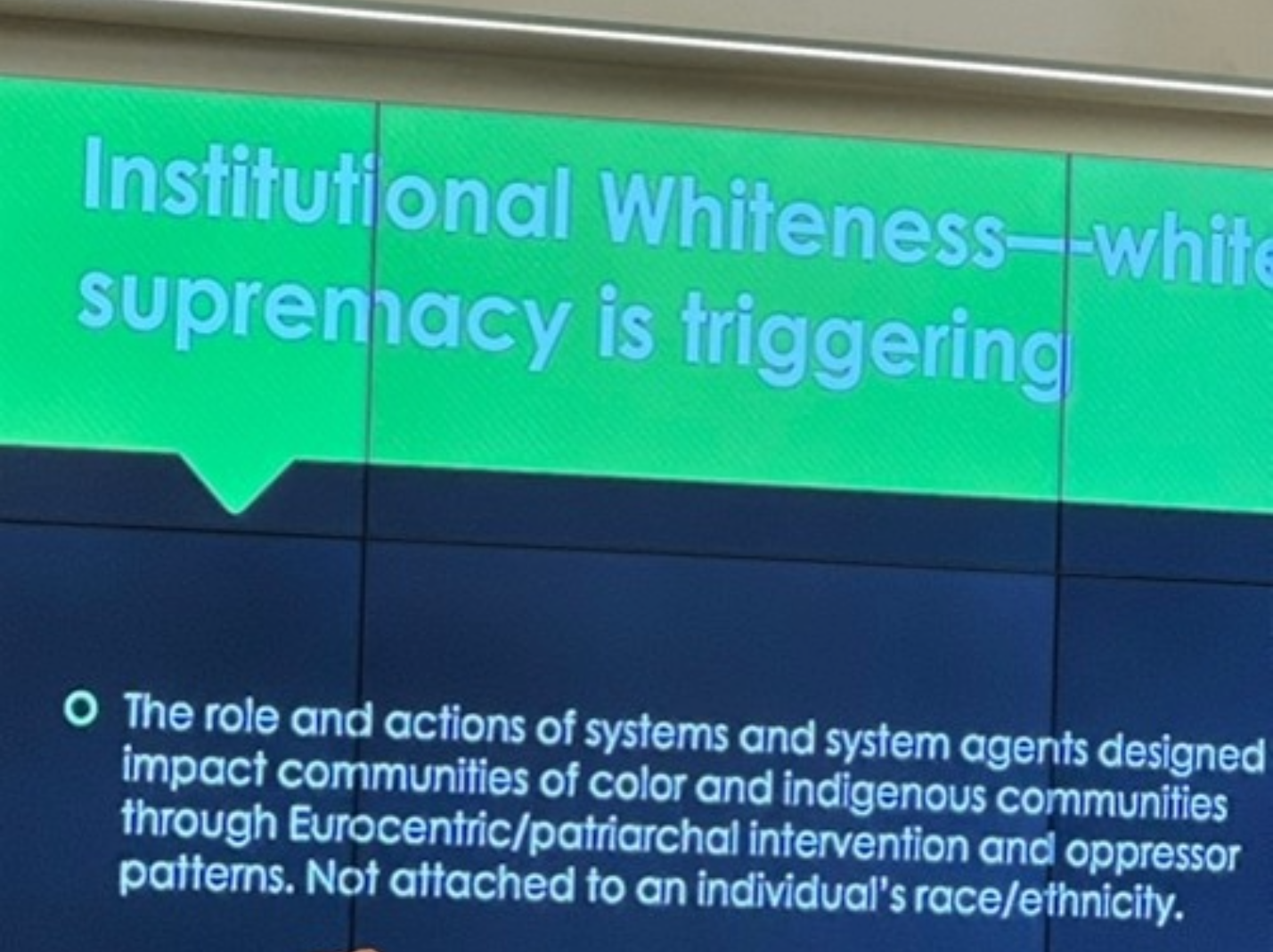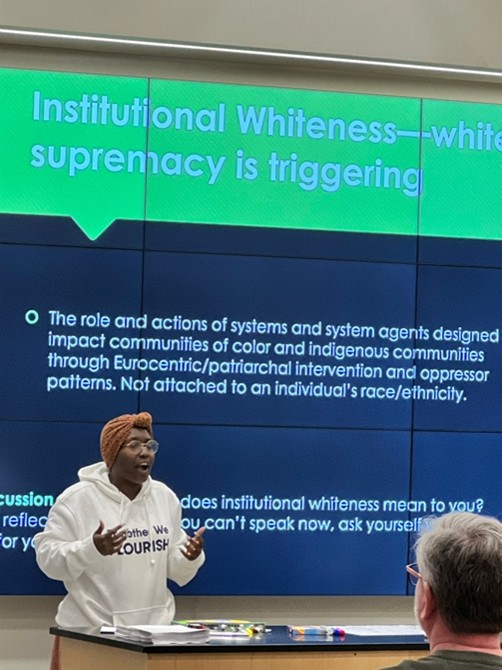
The debate on whether “going soft on crimes” reduces recidivism and improves rehabilitation is at best unsettled. A 2023 meta-analysis suggests “minimal support for the effectiveness of restorative justice programs in reducing recidivism.” There are also grim realities of rising urban crimes following California’s passage of Proposition 47, which enacted sweeping criminal justice reforms to reclassify certain felonies as misdemeanors and was partially repealed via Proposition 36 in November 2024. But policymakers in support of restorative justice are not dissuaded by scholarship nor empirical evidence.
Since 2020, the California State Government has provided generous funding for currently and formerly incarcerated individuals to attend schools within the California Community Colleges (CCC) system. Known as the “Rising Scholars Network,” the program enables community colleges to offer “degree-granting programs in correctional facilities and on-campus support for students who have experienced the criminal justice system.” In 2023-24, the state appropriated $41 million for colleges to give credit-bearing courses to 7,100 currently or formerly incarcerated students. The 2025-26 State Budget proposes increasing the apportionment funding to a total of $55 million and removing the cap on the number of colleges participating in the program.
Officially, “Rising Scholars” is boasted as the embodiment of “a vision of public higher education that is rooted in student-centered design, guided by lived experience, and focused on meaningful outcomes.” A deeper dive into the program specifics reveals the omnipotence of equity. For instance, treating the program as “a critical matter of equity,” CCC has spelled out guiding principles for both the formerly incarcerated student portion and the currently incarcerated portion. For the former, the structural guidelines include:
- Advocate for campus diversity, equity, and inclusion, including that found by hiring faculty and staff with lived criminal justice experience.
- Seek sustainable funding, including Equity.
- Create ways for students to find the Rising Scholars program without first disclosing their history to strangers.
[RELATED: Is It Time to Retire Social and Emotional Learning?]
CCC’s guiding principles for teaching currently incarcerated students are organized in a similar vein to contain vapid points like “identif[ying] students as ‘students’ rather than ‘offenders’ or ‘inmates.’” In April 2022, the Rising Scholars Regional Coordinators hosted a training session on Restorative Justice, promoting the concept as a superior alternative to the traditional system of “punitive justice.” According to the training, punitive justice contains harmful qualities such as:
- Disposability
- Linearity
- Cancel culture
- Patriarchal
- Unilateral/ hierarchical/ individualist
- Rigid
- Urgent/ hasty
- Litigious/ arbitrary
- Tied to profit-earning + capitalism
- Superficial or temporary solutions
- Power over/ power to
- Fear-based
On the contrary, the “restorative justice” model is “community-centered,” “humanizing,” “patient,” “rooted in healing,” and “rooted in courage + love.” Focused on “truth-telling,” the lens of restorative justice, through which Rising Scholars is implemented, dispels “trauma,” “shame,” and “systems of oppression that inherently criminalize marginalized identities.” By doing so, Rising Scholars practitioners argue that “a culture in which accountability is practiced and celebrated.”
What exactly are these rising scholars learning through this program that can justify a bloated annual budget of $55 million?
A whistleblower from Ohlone College, a Rising Scholars network partner, provided a sneak peek. Not only does the school “envision an inclusive and engaging college community where system-impacted students are inspired to grow, transform, and thrive,” it has also partnered up with a nonprofit called The Access Project to offer a clean slate, exchanging “free record expungement” and “felony reductions” for course enrollment.
In one of these courses taught at Ohlone to formerly incarcerated students, an instructor gave a presentation on “institutional whiteness” and “white supremacy.” Like the garden-variety woke garbage, one slide explains why “white supremacy is triggering,”
The role and actions of systems and system agents designed impact communities of color and indigenous communities through Eurocentric/patriarchal intervention and oppressor patterns.
A mouth full of rage-baiting buzzwords strays so far away from the healing, restoration, and accountability that Rising Scholars purports to seek.

Photo of lecture on “Institutional Whiteness” obtained by Minding the Campus via an anonymous source at Ohlone College
[RELATED: “Feelings” Education—It Starts in Ed School]
Another Ohlone instructor raved about the program without providing any concrete examples, instead offering a blanket statement: “I met my best students in jail.” Evidence for said statement? The instructor wrote:
After being at the jail, I felt the simple pleasures of a hot shower, taken in private, a plate of pasta brought to me at a restaurant, the sun on my face while I watched birds bathing in a fountain, the wiry-soft fur of my dog as I scratched her little chest.
In other words, telling prisoners and ex-cons that they are victims of not their own bad choices but of oppressive, racist, and capitalist structures can somehow nudge them to assume responsibility for their wrongdoing and reintegrate into society as its productive members?! Make it make sense!
Follow Wenyuan Wu on X.
Image: lecture on “Institutional Whiteness” obtained by Minding the Campus via an anonymous source at Ohlone College
When/where did you become so obsessed with right wing views? In China? At UM? Or after you left Miami? This is a serious question. I am really interested.